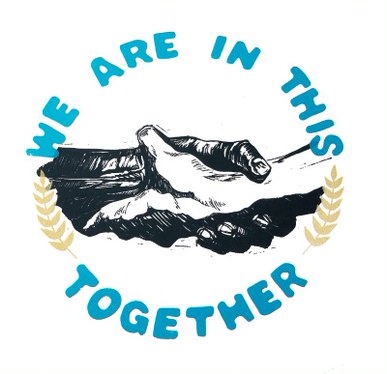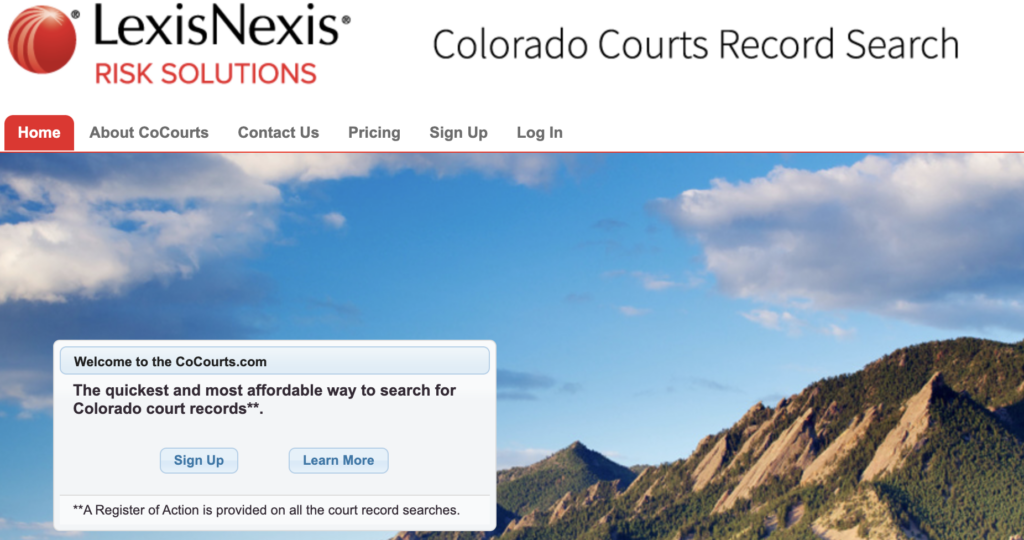In the case management department, we are often bound to government programs. If someone lacks health insurance, we help them apply for Medicaid. If someone can’t pay for groceries, we help them apply for food stamps. And if someone is between jobs, we help them apply for unemployment. Though our staff gets a lot done on its own, Street Sense Media is ultimately a small organization with limited resources, and we need to rely on larger systems to connect our clients with the services they need.
But what does one do when those systems fail? An ongoing problem I’m working through with a client has forced me to confront this question head- on and interrogate whether these programs serve our clients in the first place.
This story starts in late October. Well before my client’s unemployment benefits were set to end, she and I had applied for an extension. If the system were working smoothly, her payments would not have lapsed. Instead, when we filed for unemployment the first week under the extension, the Maryland Department of Labor blocked the money.
Initially, I thought the problem might resolve itself after a week or two, that it was just a rocky transition. But nothing changed. Each week, the government put another payment “on hold,” hundreds of dollars just accumulating somewhere in the unemployment portal. We spent November and December seeking answers from the state itself. We called and called customer support but never got through to an agent. We chatted and chatted with the virtual assistant but never got past the automated responses. It felt like Maryland was choosing not to listen.
Meanwhile, the bills didn’t stop — she needed this money to pay her rent. She had to take on the stress of negotiating with her landlord, asking favors from friends, and cobbling together the rent money despite her ongoing reluctance to share her business with the world. This holdup made my client feel shame when the system was in the wrong, not her.
I doubled down in my efforts, trying to be persistent in my research. At some point, I stumbled upon a subreddit called r/MarylandUnemployment with the subtext, “Here to help each other,” and over a thousand members. I started reading other Marylanders’ testimonials and found that my client was far from alone. Some people had two or three times as many payments on hold as my client did; some people had spent hours calling the Department of Labor only for an eventual agent to give them a new hoop to jump through; some people had compiled long lists of contact information for staff in the unemployment division who just might have the right sway to fix things. I felt like I had struck gold — there were far more paths forward than I had thought and scores of people who could guide us along them.
However, it quickly became clear that this forum’s use was limited to brainstorming; there were no reliable solutions within. For every filer who finally gained access to their money, ten more got hung up on again. Breakthroughs were random. I appreciated this community as a place to commiserate, but I didn’t have it in me to navigate the answering machine yet again. I had to break the harsh reality to my client that I had done what I could do to get her her benefits, and I had no idea how much longer it would be before the Department of Labor released them.
Now, over two months later, the state owes my client over $1250. All of it is on hold for what the web portal calls “unresolved issues.” We continue with her weekly certification, but it feels futile. I know that I’ve done my part, but something keeps bringing me back to that subreddit. Something about so many people with the same bone to pick feels powerful. The other day, I pinned down what it was.
Even though I feel pessimistic that the state of Maryland is going to listen to its residents’ urgent needs any time soon, I feel optimistic that these Redditors can instead help each other, as their motto hopefully suggests. I came across a plea from a single mother who didn’t have the money to buy a Christmas gift for her four-year-old. Within the first few comments in the thread, multiple people had reached out to her, offering what they had to spare. Scrolling down, I saw an invite to a protest against the Department of Labor and a call for testimonials to be posted on the Department’s Facebook page.
What these glimmers of hope have in common is their refusal to work within the system, to continue asking for the release of people’s unemployment benefits using the state’s toolkit. If Maryland isn’t meeting people’s needs, why play by its rules? People on the internet are banding together, taking care of each other, and pressuring the state to actually serve its citizens.
For me, this experience has reaffirmed that until the government prioritizes its people, we need alternative routes to care and resources. The emergence of mutual aid networks and community organizing on this discussion board demonstrates to me that these are tools that could help. I feel pushed to be more creative, more critical, and more human.
For my client, redirecting the effort she and I expended on their unemployment benefits means we now have more bandwidth to explore other options. The next time she comes into the case management office, we plan to focus on her existing skills and social supports as we craft our strategy to keep her housed and healthy. And, when the Maryland Department of Labor finally gets its act together, my client will happily collect the hundreds and hundreds of dollars she is due.








